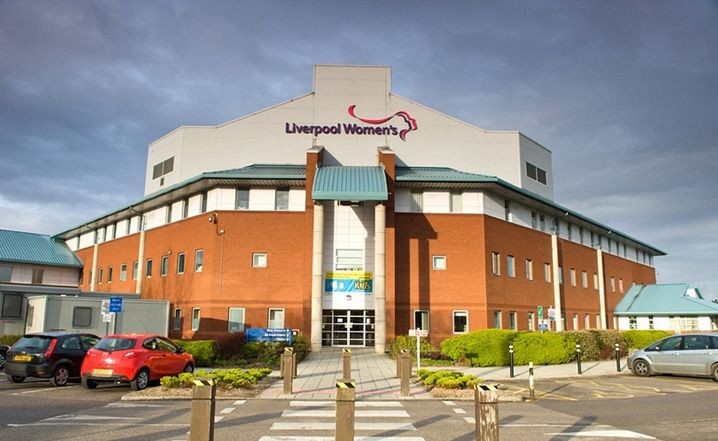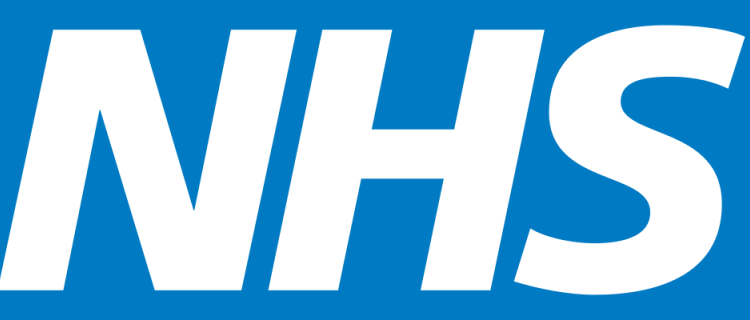Review of Women’s and Neonatal Services announced
A review to identify how health services for women and premature babies in Liverpool can continue to flourish for future generations has been announced.

The review, which is part of the Healthy Liverpool programme, will be led by NHS Liverpool Clinical Commissioning Group (CCG) in partnership with Liverpool Women’s NHS Foundation Trust.
The move comes following a piece of work undertaken by doctors, nurses and midwives at Liverpool Women’s Hospital to highlight how these services could be made better for future generations of women, babies and their families.
Dianne Brown, Director of Nursing and Midwifery at Liverpool Women’s, said:
“This is a really exciting step for everyone involved with women’s and babies’ health services across Merseyside. We will now work with NHS Liverpool CCG, to take the work done by our midwives, doctors and nurses forwards under a Review of Women’s and Neonatal (babies) Services this spring.”
Dr Fiona Lemmens from NHS Liverpool Clinical Commissioning Group (CCG) said:
“The way that services for women and babies are currently organised in the city was put in place more than 20 years ago. The health needs of our population have changed during this time, and are continuing to change, so it’s important that we look at how services might be delivered differently for the benefit of patients.”
Areas highlighted in this ‘case for change’ include the fact that each year hundreds of women and babies are transferred by ambulance to other hospitals within the city. Although this is managed safely, it doesn’t offer women the best experience of care or meet national standards.
Ms Brown added:
“The changing needs of women and babies in the city mean that there are more and more occasions when ambulances need to take them from one hospital to another. This means that the experience is not the very best it could be.We’ve recently been named one of the best hospitals in the country in an inpatient survey run by our regulators the Care Quality Commission, but it is important that the public understand that to keep our services at this high standard we need to keep pace with changing needs. This review is about ensuring that women and babies in the future have services that are the best they can be, and that we give every person that uses our services the very best experience possible.”
This review also comes at a time when Liverpool Women’s is seeking to address its long term financial sustainability.
Dr Joanne Topping, Interim Medical Director at Liverpool Women’s, said:
“Clearly there are financial challenges facing the whole NHS and despite being recognised as an efficient provider of services we do have a financial deficit. However our clinical case for change stands on its own. To give an example of why we are reviewing women’s and babies services, in one case a lady came in for a caesarean section but we realised that her heartbeat was really slow so she was transferred in an ambulance to the Royal Liverpool Hospital where she had a pace-maker fitted by their heart specialists. It was agreed that the lady was too poorly to be transferred back to the Women’s and so our team delivered the baby at the Royal Liverpool. The baby then needed to be transferred back to our Neonatal Unit, meaning that he was separated from his mother until she was well enough to be discharged.”Our view is that we need to be based on the same site as other hospital services to maintain our very high standards. Our ambition is to keep women’s and babies’ services together for people who need hospital care and deliver more services closer to where people live in the community where appropriate. This is in line with Healthy Liverpool plans to provide care closer to people’s homes wherever possible and to centralise care only where it is necessary in order to provide safe and effective care.”
Dr Fiona Lemmens said:
“First and foremost this review is about making sure local people have access to the very best care, but this process will also give us the opportunity to think about solutions which will protect services by ensuring that they are financially sustainable. This work is part of our Healthy Liverpool approach, which aims to create a local health service designed around what our patients need, both now and in the future. This review will consider all options available to ensure that specialist women’s and babies’ services continue to flourish in this city for future generations.”
The review will get underway shortly, with the results informing a further conversation with the public early in summer 2016. This will be followed by a formal public consultation around any service changes later this year, ahead of a final decision being reached in 2017.
Dr Topping added:
“The plans need to be talked through with lots more people before we make any big changes. We expect this to happen as part of a public consultation later this year, within the Healthy Liverpool project. A public consultation is three months of meetings, information and lots of opportunities for the public to tell us their views. Some plans can happen more quickly. This includes work to improve links between our Neonatal Unit and Alder Hey Hospital, and develop plans for closer working on complex gynaecology with the Royal Liverpool Hospital.”
For more information, visit http://www.liverpoolwomens.nhs.uk

